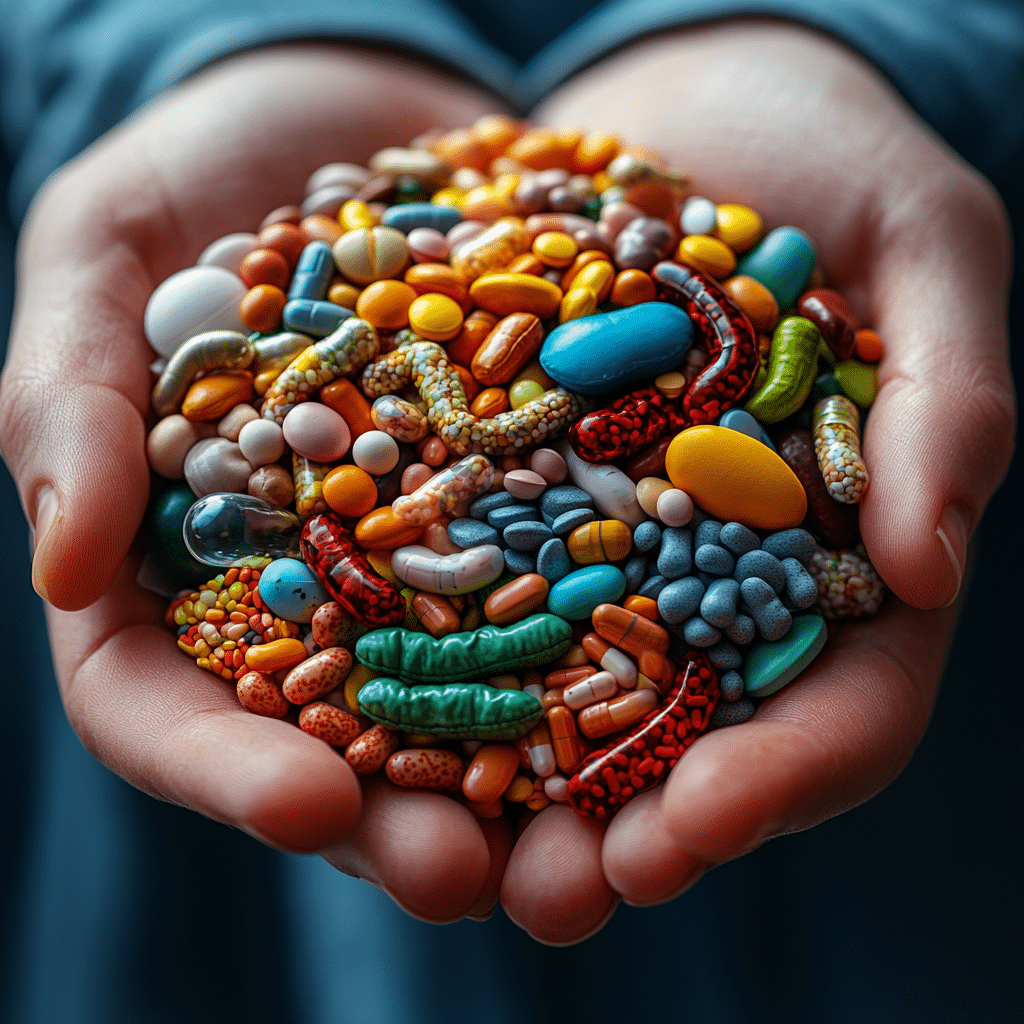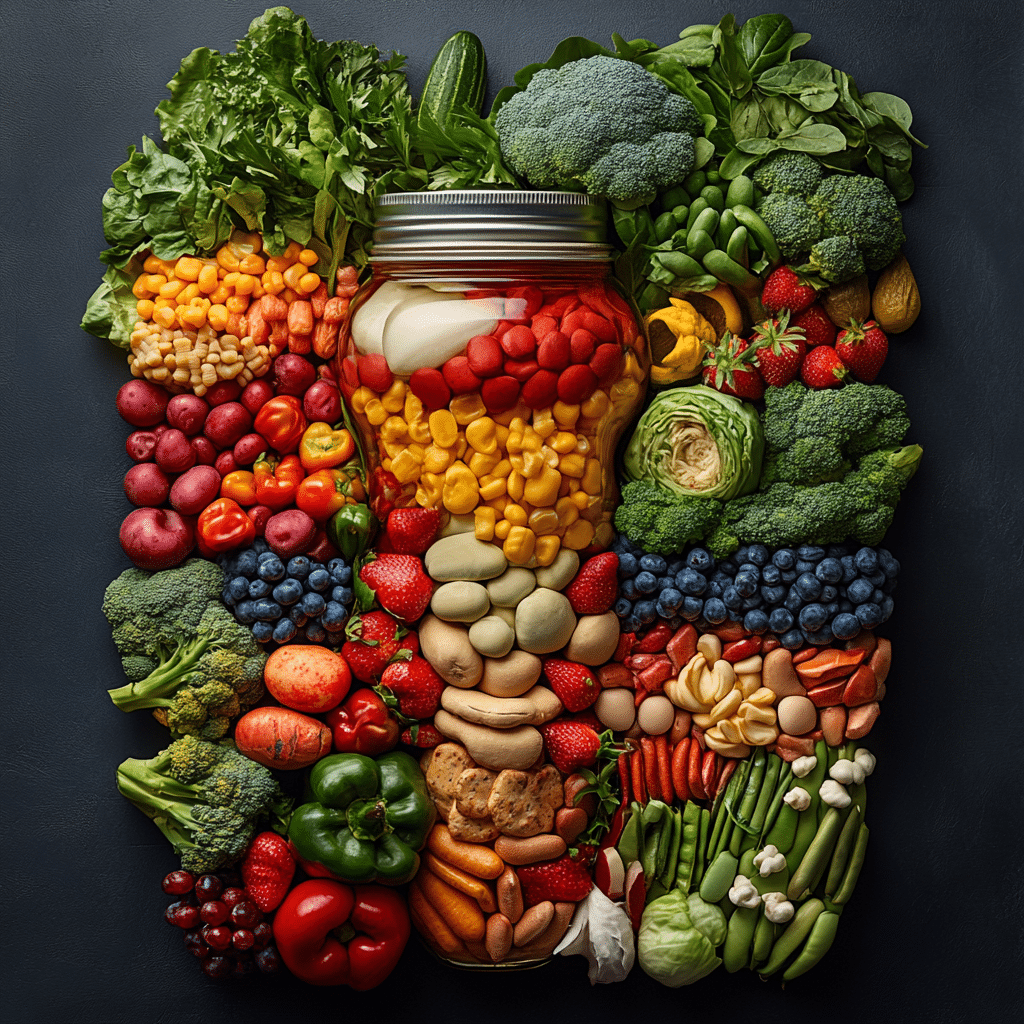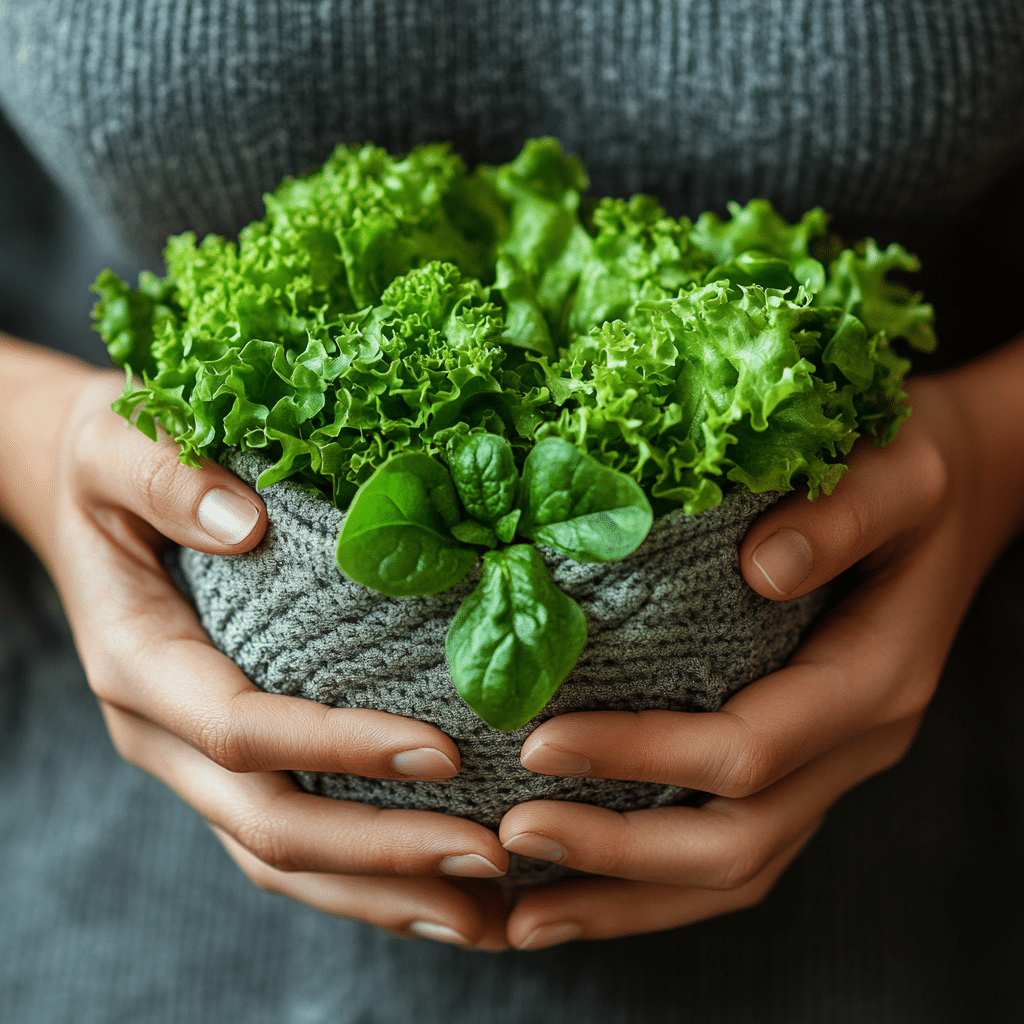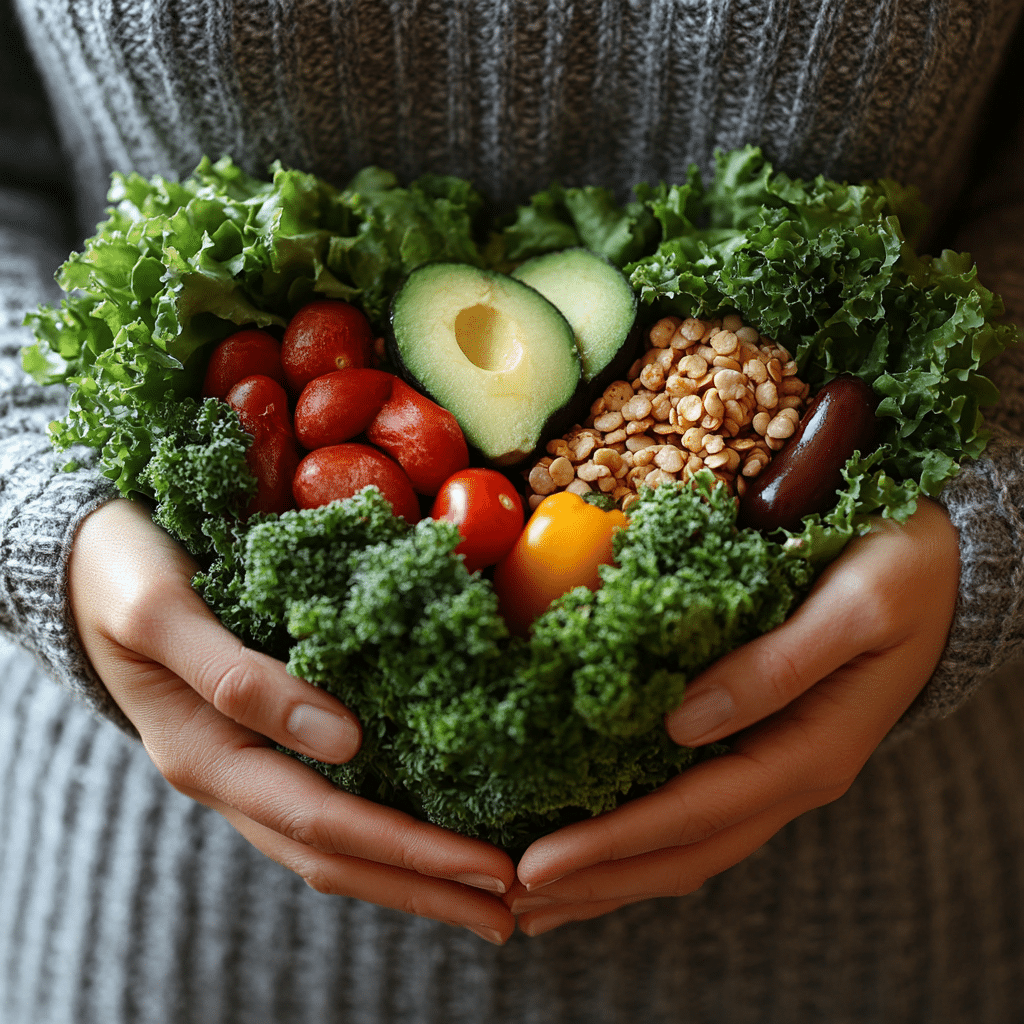Understanding gut health and addiction is quickly becoming a hot topic in both medical research and recovery circles. The gut-brain connection reveals the startling way our digestive health can affect mood and behavior. Recent studies show that our microbiome—the community of tiny bacteria living in our intestines—plays a significant role in shaping our mental well-being. When gut flora goes out of whack, it can lead to neuroinflammation, which often feeds into addiction pathways. So, if you’re a parent dealing with a child struggling with addiction, it’s time to explore how improving gut health can be a key to unlock effective recovery strategies.

Understanding the Gut-Brain Connection
Many people don’t realize that the gut and brain are like two best friends who share everything. They communicate tirelessly through what scientists call the gut-brain axis. This means that when your gut isn’t healthy, your brain takes notice, and vice versa. When dealing with gut health and addiction, keeping this communication open and healthy is paramount.
Research is showing that the microbiome impacts mental health significantly. For example, if someone’s gut health is compromised, they’re more likely to experience anxiety and depression—conditions often associated with addiction. Improving gut flora through diet, probiotics, and lifestyle changes can create a healthier brain environment. This can help not just in reducing cravings but also promote better emotional regulation during recovery.
Approaching gut health and addiction holistically can create a broader healing process. By taking care of the whole system, parents and their children can work toward resilience against addiction and a brighter future.

Top 5 Ways Gut Health Influences Addiction Recovery
Diet plays a massive role in shaping gut health. Research indicates that a diet rich in diverse, whole foods—think colorful fruits, fiber-rich vegetables, and fermented foods—can promote a well-balanced microbiome. Products like Kefir and Chobani offer probiotics in yogurt form, which may help ease withdrawal symptoms and reduce cravings during recovery. So, let’s get cooking with some delicious gut-friendly meals to reclaim health!
Probiotics are not just a trendy buzzword; they hold real promise in addiction recovery. A noteworthy study published in Nature found that those consuming Lactobacillus strains had fewer cravings for alcohol. Easy-to-find supplements like Culturelle and Garden of Life provide formulations aimed at enhancing gut health during recovery. These could be the gut-savvy additions needed when tackling cravings.
Ever caught yourself mindlessly snacking when you feel down? Mindful eating can help break this cycle. Programs like Mindful Schools teach techniques on how to become more aware of your eating habits. By recognizing emotional triggers, individuals can make healthier choices that benefit both mind and gut health. This approach promotes a balanced relationship with food and supports a sense of control during recovery.
Stress and gut health go hand in hand. Chronic stress can lead to an imbalance of gut bacteria, which only worsens addiction issues. Incorporating stress management practices—like yoga or meditation—can significantly contribute to gut health. Useful apps like Headspace and Calm offer guided mindfulness sessions to help parents and children find peace and resilience in their daily lives.
Hydration is a cornerstone of health, affecting everything from digestion to nutrient absorption. Staying hydrated is especially crucial for those who are recovering. Brands such as Hydrant and Nuun provide convenient, flavorful options to help maintain hydration levels. For detailed insights on this, check out our article on Hydration and Recovery at Mothers Against.
Emerging Research: Gut Health and Substance Use Disorders
The connection between gut health and addiction is an exciting area of research. For instance, findings from researchers at the University of Pennsylvania have highlighted specific gut bacteria, such as Faecalibacterium prausnitzii. This particular strain may lower the likelihood of developing alcohol use disorder by positively influencing the body’s stress response. This is a huge shift in how we view addiction treatment and could pave the way for including gut health in recovery programs.
With ongoing studies, the landscape of drug and alcohol dependence treatment is changing. As parents, it’s empowering to remain informed and advocate for treatments that include not only traditional methods but also holistic approaches emphasizing gut integrity.
Community Support: Building Healthy Gut Environments
The road to recovery isn’t a solo trek—community support is vital. Programs like Mothers Against offer resources for parents battling the waves of their children’s addictions. Joining community cooking classes can not only promote shared recovery goals but also introduce participants to gut-healthy recipes. Isn’t it comforting to realize that bonding over good food might be a piece of the recovery puzzle?
Collaboration and connection are essential as healing is often a shared journey. By coming together in community, parents can uplift one another while fostering healthy kitchen habits and table dynamics.
Holistic Approaches: Integrating Gut Health in Treatment Plans
Holistic approaches are where the magic happens in addiction treatment. Traditional programs often overlook gut health, but it’s becoming increasingly evident that it should take a front seat. Facilities like Recovery Centers of America are starting to include dietary counseling in their recovery plans. Integrating nutritional education isn’t just a good idea; it’s an essential component of a well-rounded recovery.
People are beginning to see that nurturing their gut is key to supporting their mental health. By focusing on both diet and emotional resilience, recovery programs can offer a richer path toward a new life.
Final Thoughts: Embracing a Gut-Healthy Lifestyle for Sustained Recovery
Recovering from addiction is complex, touching on every aspect of a person’s life. Prioritizing gut health is vital for lasting recovery. It’s not just about stopping the cravings; it’s about reclaiming one’s overall well-being. As we step into 2024, let’s embrace a lifestyle that bolsters our gut health while reaffirming that healing is possible.
By understanding how gut health and addiction are intertwined, we can build pathways toward resilience and health. Whether you’re a parent supporting a child through recovery or someone seeking your own healing, know that you hold the power to transform lives through nurturing healthy habits. Explore available resources at Mothers Against, and arm yourself with knowledge. Together, we can foster a healthier, balanced future.
Gut Health and Addiction: Fun Trivia and Interesting Facts
The Digestive Connection
Did you know that your gut is often called the body’s “second brain”? This vibrant ecosystem of bacteria not only aids in digestion but also heavily influences your mood and behavior. Research shows that individuals with addiction issues may have imbalances in gut microbiota, which can affect cravings and withdrawal symptoms. Fostering gut health can be a game changer in recovery! For more tips on holistic recovery, check out techniques for sleep improvement that can aid in your journey. And don’t forget, hydration plays a key role here; proper hydration And recovery go hand in hand for a healthier gut and mind.
Nutrition Matters
When it comes to gut health and addiction, nutrition can’t be overlooked. A nutritious diet rich in fiber can help restore balance to your gut bacteria. Nutritional therapy has shown great promise in helping individuals overcome addiction. The gut-brain axis is a fascinating connection that reveals how what we eat can directly impact our cravings and moods. While you’re focusing on your health, donning a cozy crew neck sweater can make those moments of self-care even more enjoyable. Speaking of self-care, it’s crucial to understand the effects Of suicide on family members, as these connections can often intertwine with addiction.
The Mind-Gut Link
Finally, stress can wreak havoc on our gut health, directly impacting addiction recovery. Engaging in activities that reduce stress, like mindfulness or exercise, can be beneficial. Did you know that the mind and gut have a close relationship? When you’re feeling anxious or stressed, digestive issues may follow. Immersive experiences, like video games such as Six Days in Fallujah, have been noted for their potential therapeutic effects that can indirectly help with recovery by providing an escape. Healing from addiction is a journey filled with ups and downs, but nurturing your gut can pave the way toward a healthier future.
In summary, understanding the connection between gut health and addiction can transform the path to recovery. By emphasizing nutrition, hydration, and stress management, individuals can find balance and resilience in their recovery journey. So, let’s take these insights to heart!





























